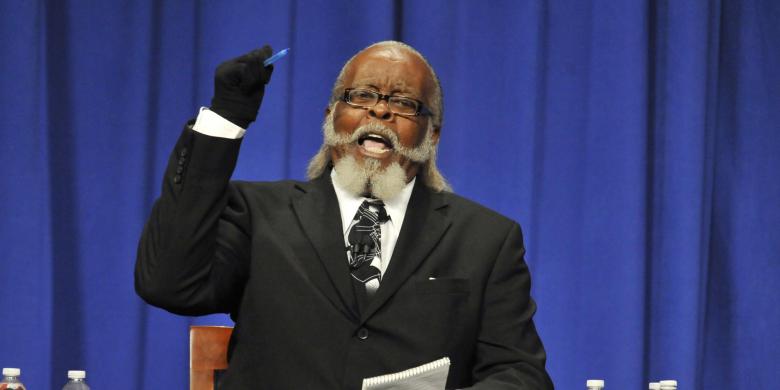A lot of statists cheered when it was announced that the Super Bowl would be coming to Minneapolis. Not only would Minneapolis have the honor of hosting the larger religious festival of the year but its piousness would be rewarded with untold riches from a million, err, 125,000 visitors hurling cash at the local establishments!
As it turns out, the fantastic economic stimulus that was promised was just that, fantasy:
Restaurants along Nicollet Mall and at the Mall of America saw plenty of traffic, but many eateries located away from those immediate areas reported quiet weeks as regular customers stayed at home to avoid the expected Super Bowl bedlam. Downtown Minneapolis skyway eateries also saw customer counts dwindle as the week went on as more downtown workers stayed away from the office and worked remotely.
Super Bowl week was “the worst week ever for us,” said Brenda Langton, co-owner of Spoonriver, located by the Guthrie Theater and just blocks away from U.S. Bank Stadium, site of Super Bowl LII. Sales were down by 75 percent.
Langton also voiced frustration that the media repeated claims by the Minnesota Super Bowl Host Committee that the Super Bowl would draw 1 million visitors, a number that turned out to not reflect the actual number of out-of-towners coming to the area. The big-number prediction wound up scaring office workers and suburban diners away from crowds that never existed, she said.“The media needs to stop putting the fear of God into everybody and understand that other cities have weathered [the Super Bowl] just fine and not to terrify everyone,” Langton said. “I just want to have people come back downtown and get over the Super Bowl. It was very good for a few people and that’s what happens.”
PinKU Japanese Street Food, a quick-service Japanese restaurant in Northeast Minneapolis, had some of its slowest days of business ever during Super Bowl weekend, said Co-founder and Head Chef John Sugimura On Super Bowl Sunday, for example, the restaurant made just $303, only 15 to 20 percent of its typical Sunday revenue.
While the entire article lies behind a paywall, it’s not a very effective one. Just disable JavaScript for the domain and the story will display. You can also find the contents of the article in the page’s source code.
This news is only surprising to the economically ignorant. Stadiums and large events don’t create wealth. The most they do is shift wealth around. Money that individuals would have spent on other forms of entertainment are instead spent on attending stadium events. Moreover, large events can run the usual customer base out of town. If I’m an employee working near a stadium and want to grab a quick lunch, I’m going to likely avoid any restaurants in my area during stadium events because I’m worried that they’ll be too busy for me to get served within the block of time I have.
The security large events like the Super Bowl employ can also scare people away. I, for one, have a policy against attending events that require military hardware to defend. Any event that’s thought to be a big enough target to warrant such security is riskier than I want to bother with. I also have a general distain for militarization in general so even if the risk isn’t high enough to warrant the security, I don’t feel like living the life of a poor bastard in an occupied foreign city even for only a few hours.
So stadiums and large events merely shift wealth around. A few establishments will enjoy a significant windfall but they are the exception that proves the rule. Most establishments will notice, at most, a minor increase and oftentimes they’ll suffer a notable decrease in business.
